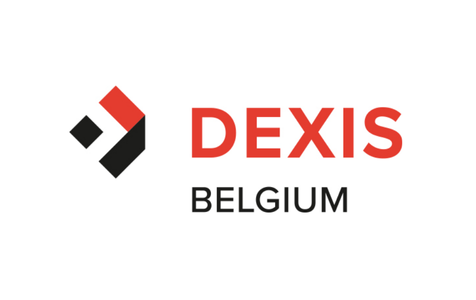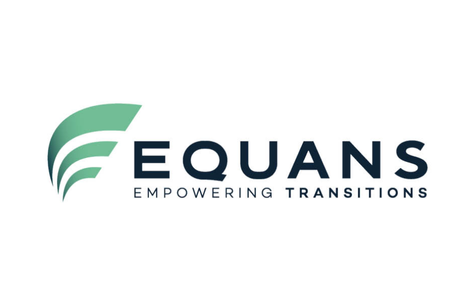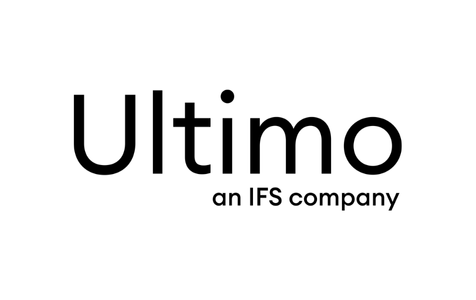Reliability Engineer Course Cycle
In collaboration with I-Care, this course is aimed at experienced maintenance department members (Reliability Engineer, Support and Methods Engineer, Support and Methods Manager, Maintenance Manager) who wish to sharpen their skills in an industrial world where reliability, a direct route to better productivity, is at the centre of many company policies or issues.

This course will take place over four days, spread out from October to December 2015, which will give you the opportunity to fully understand the stakes of reliability within your company and to ask direct questions to the trainer.
What will you learn?
Day 1
- Fundamentals of Reliability (To be able to understand the probabilistic theoretical concepts behind maintenance methods)
- INTRODUCTION:
- The maintenance function
- Life cycle costing of an asset
- The problem of defining a maintenance strategy
- THE CONCEPTS OF OPERATIONAL SAFETY :
- Theoretical reminder of probabilities
- Operational safety or the science of failures
- Basic concepts of operational safety:
- 1. Reliability
- Definitions
- Survival laws and failure rates
- Lifetime
- MTTF
- Failure laws
- 2. Maintainability
- Definitions
- Instantaneous repair rate
- Repair time
- MTTR
- Maintenance
- 3. Availability
- Definition
- How to improve
- MTBF
- 4. Security
- Definition
- Risk management
- Summary practical exercise
- Question and answer session
- 1. Reliability
Day 2 and 3
- Reliability engineer's tools (Learn the tools and methods to be used to ensure and improve equipment reliability)
- CONTENT:
- Introduction: the roles and responsibilities of the reliability engineer;
- Reminders: reliability based maintenance including theories of reliability, maintainability and availability;
- Measuring the initial situation via the reliability audit;
- Priority setting via the criticality study;
- Introduction to the concept of maintenance planning;
- Introduction to predictive maintenance;
- Introduction to various tools: the "as-built" survey, planning, critical spare parts management, chasing irritants via the failure occurrence/recurrence study, obsolescence and obsolescence analysis, cost benefit analysis (CBA) and return on investment (ROI);
- Performance indicators;
- Design of equipment and installations according to FOMSI (Reliable, Operable, Maintainable, Safe and Inspectable) including an introduction to FMECA and assistance in writing specifications;
- The benefits of a CMMS system;
- Question and answer session.
Day 4
- Reliability project management (To be aware of the constraints and particularities of a reliability project, to be able to organise, structure and follow up a project related to the reliability of new or existing equipment and processes and to finish, to be able to frame and address complex reliability problems, both short and long term).

CONTENT:
- Introduction ;
- operator care
- Basic principles of project management;
- Definition and understanding of the project brief;
- Decomposition of the project and its framework;
- Overall budget estimate of the reliability project;
- Monitoring tools :
- Kick-Off meeting: who, what, how, for when;
- Management of internal and external resources,
- RACI" matrix,
- Skills and training,
- Costs and efficiency,
- Monitoring indicators (related to costs, deadlines and quality),
- Reporting and visual communication,
- Hand-Over,
- Particularities between a reliability project during the construction phase of a new plant/facility and a project on an existing plant/facility;
- Concrete illustrative example: Creation of a targeted maintenance plan
- Example: Design of a targeted maintenance plan
- to control costs in a steel company (manufacture of metal profiles);
- Open exercise based on your needs and inputs;
- Question and answer session.
Note on the training equipment: The project management software is not imposed, the method remains generic and adaptable to the most common management tools.

Your coach
-
Pascal Burrig
-
Industrial engineer in chemistry (Higher Industrial Institute of Brussels)
- European Remote team leader + training manager at I-Care
- Multiple trainings in vibration analysis, predictive equipment, lubricant analysis, thermographic analysis in companies based in
- Europe (Belgium, France),
- Africa (OCP Safi, Exterran Gabon, Addax Petroleum Gabon, Sonatrach Algeria, Ambatovy, Madagascar)
- Oceania: Vale New Caledonia
- Certifications
- VCA-VOL certified - Equivalent M.A.S.E supervisory staff (N2)
- Vibration analysis: ISO 18436-2 Cat III certified
- Oil analysis: Certified ISO 18436-4 Cat II
- Infrared Thermography: Certified ISO 18436-7 CAT II
- Ultrasonic Analysis
- Laser Alignment
- Dynamic Balancing
- Mastery of various hardware and software for predictive maintenance
-






